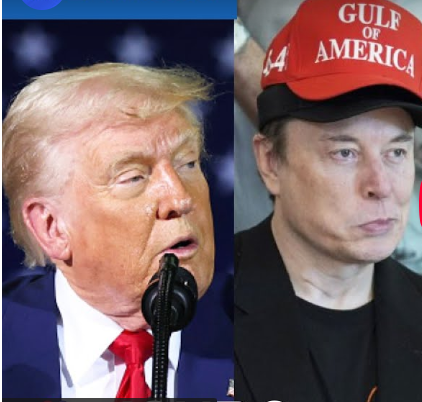
The statement “I think we need to let Elon Musk know that he has the full backing of the American people” reflects a passionate defense of the billionaire entrepreneur—but how accurate is this claim? While Musk commands a fiercely loyal following, his polarizing decisions on free speech, labor practices, and political endorsements suggest that support for him is far from universal.
Musk’s influence spans Tesla, SpaceX, X (Twitter), and Neuralink, making him one of the most powerful figures in tech. His admirers praise his bold vision for AI, space exploration, and free speech absolutism. Yet, critics argue his leadership style—marked by erratic firings, controversial tweets, and strained labor relations—alienates employees, investors, and policymakers alike.
Polls reveal a sharp partisan divide: Conservatives often applaud Musk’s takeover of Twitter (now X) as a win for free expression, while liberals accuse him of amplifying misinformation and far-right voices. Meanwhile, Tesla workers and engineers have raised concerns over workplace conditions, and advertisers on X have fled due to rising toxicity.
Does Musk truly have “the full backing of the American people”? The data suggests no—his support is deeply fragmented. While some see him as a modern-day Thomas Edison or Henry Ford, others view him as a disruptive plutocrat whose power goes unchecked.
The bigger question is: Should one unelected billionaire wield so much influence over media, technology, and even political discourse? As Musk continues shaping the future, America remains split on whether he’s a visionary or a cautionary tale.


